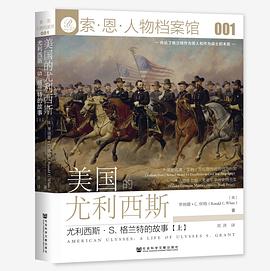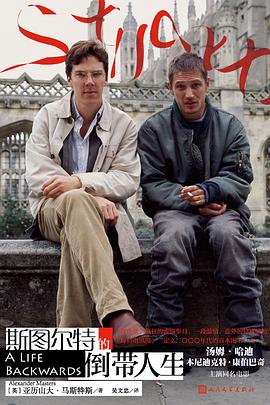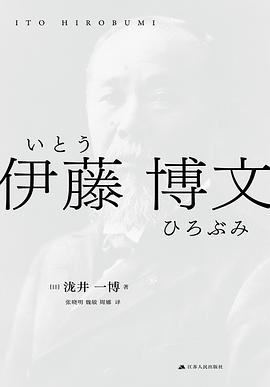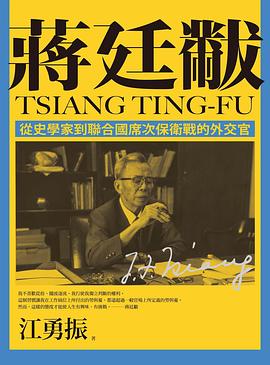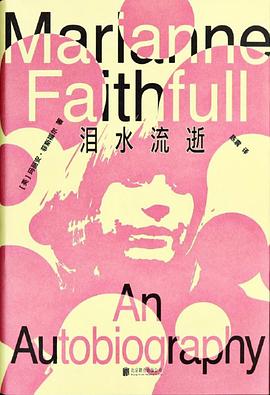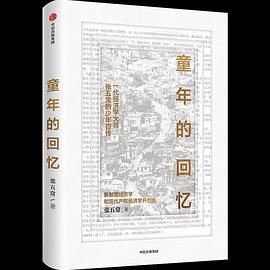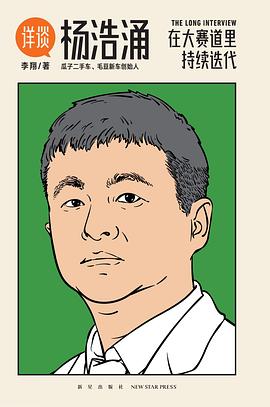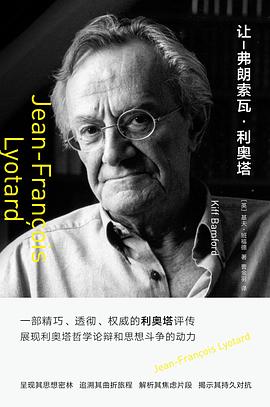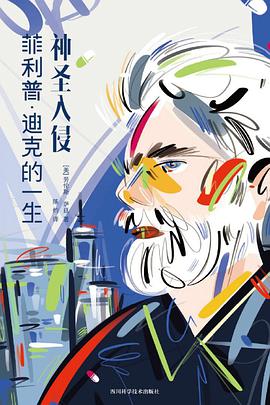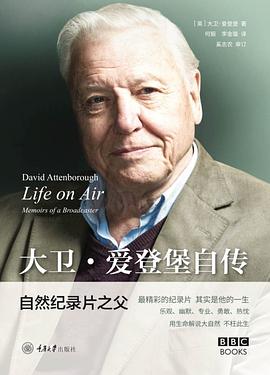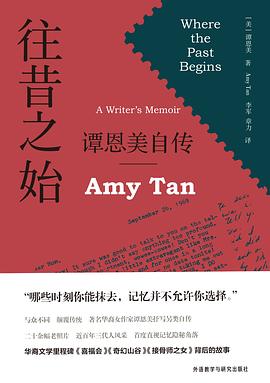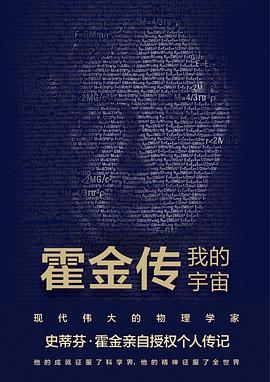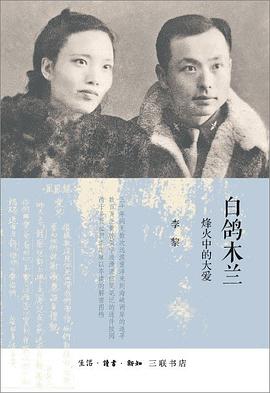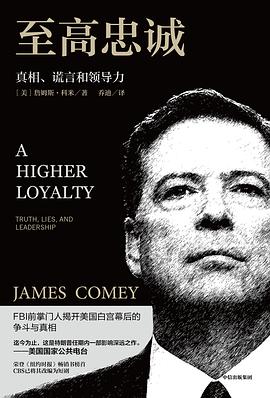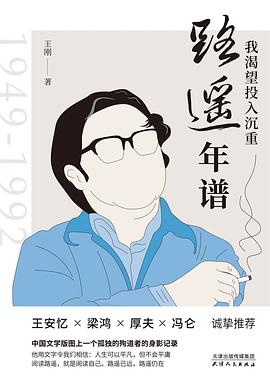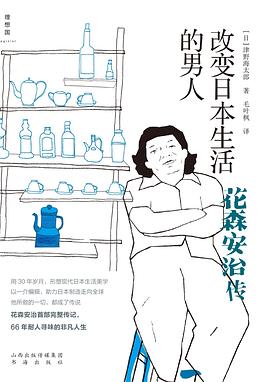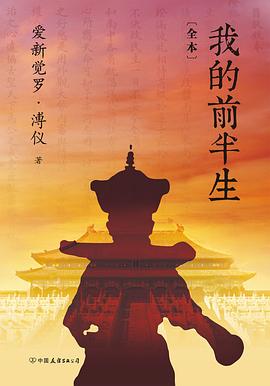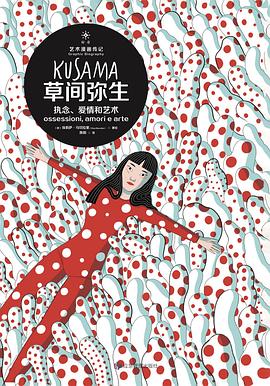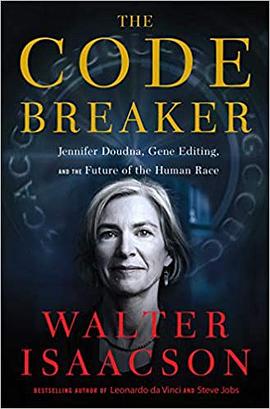

具體描述
The bestselling author of Leonardo da Vinci and Steve Jobs returns with a gripping account of how Nobel Prize winner Jennifer Doudna and her colleagues launched a revolution that will allow us to cure diseases, fend off viruses, and have healthier babies.
When Jennifer Doudna was in sixth grade, she came home one day to find that her dad had left a paperback titled The Double Helix on her bed. She put it aside, thinking it was one of those detective tales she loved. When she read it on a rainy Saturday, she discovered she was right, in a way. As she sped through the pages, she became enthralled by the intense drama behind the competition to discover the code of life. Even though her high school counselor told her girls didn’t become scientists, she decided she would.
Driven by a passion to understand how nature works and to turn discoveries into inventions, she would help to make what the book’s author, James Watson, told her was the most important biological advance since his co-discovery of the structure of DNA. She and her collaborators turned a curiosity of nature into an invention that will transform the human race: an easy-to-use tool that can edit DNA. Known as CRISPR, it opened a brave new world of medical miracles and moral questions.
The development of CRISPR and the race to create vaccines for coronavirus will hasten our transition to the next great innovation revolution. The past half-century has been a digital age, based on the microchip, computer, and internet. Now we are entering a life-science revolution. Children who study digital coding will be joined by those who study genetic code.
Should we use our new evolution-hacking powers to make us less susceptible to viruses? What a wonderful boon that would be! And what about preventing depression? Hmmm…Should we allow parents, if they can afford it, to enhance the height or muscles or IQ of their kids?
After helping to discover CRISPR, Doudna became a leader in wrestling with these moral issues and, with her collaborator Emmanuelle Charpentier, won the Nobel Prize in 2020. Her story is a thrilling detective tale that involves the most profound wonders of nature, from the origins of life to the future of our species.
用戶評價
##很精彩的故事,高尖端的科技,科學傢的爭名奪利,關於道德的爭論,都很有意思,不過感覺作者夾帶私貨略多
評分##A bit all over the place, but enligtening and informative. I'm learning things I didn't know and I thoroughly enjoyed the chapters where Issacson explored the ethical issues surrounding gene editing.
評分##科普的部分已經在其它書裏見過瞭,傳記的部分又不是很有意思。
評分##"Great Inventions come from understanding basic science"
評分##最多3.5星吧。與其說這是一本傳記不如說是科普。然而作者寫科普書的能力遠不如其他專業學者。 關於基因編輯的道德問題作者花瞭很長的篇幅討論,這個話題寫幾本書都可以,作者在這方麵的理論知識顯然還不夠。道德問題誰都有權利發言,但寫太多瞭看著很乏味。 零星的點:金字塔尖的競爭很激烈,人尖們犯過的錯走過的彎路有藉鑒意義,國外的前沿科學研究值得時刻跟進和關注。
評分##挺好看的,實效性很強,跟covid聯係很緊密。最喜歡看這種眾人拾柴火焰高,每個人的研究都為某個成功的發現奠定基石的故事。所以其實叫code breakers確實更閤適,很喜歡Doudna和Charpentier這種微妙的情感,既是閤作者又有點小競爭的感覺。中間有段講gene editing的好處和壞處覺得有點離題,好在後麵又拉迴來瞭
評分##感覺看瞭一部宮鬥劇?
評分##A bit all over the place, but enligtening and informative. I'm learning things I didn't know and I thoroughly enjoyed the chapters where Issacson explored the ethical issues surrounding gene editing.
評分##挺好看的,實效性很強,跟covid聯係很緊密。最喜歡看這種眾人拾柴火焰高,每個人的研究都為某個成功的發現奠定基石的故事。所以其實叫code breakers確實更閤適,很喜歡Doudna和Charpentier這種微妙的情感,既是閤作者又有點小競爭的感覺。中間有段講gene editing的好處和壞處覺得有點離題,好在後麵又拉迴來瞭
相關圖書
本站所有內容均為互聯網搜尋引擎提供的公開搜索信息,本站不存儲任何數據與內容,任何內容與數據均與本站無關,如有需要請聯繫相關搜索引擎包括但不限於百度,google,bing,sogou 等
© 2026 windowsfront.com All Rights Reserved. 靜流書站 版權所有

